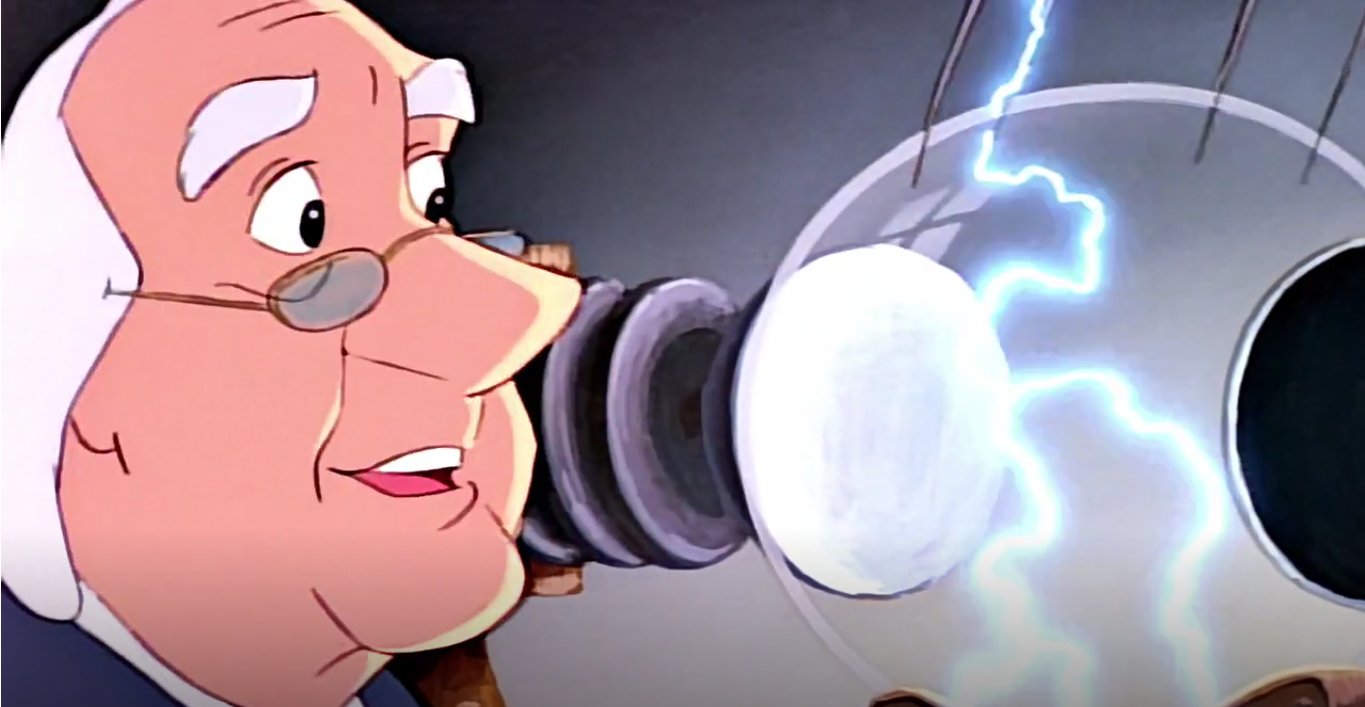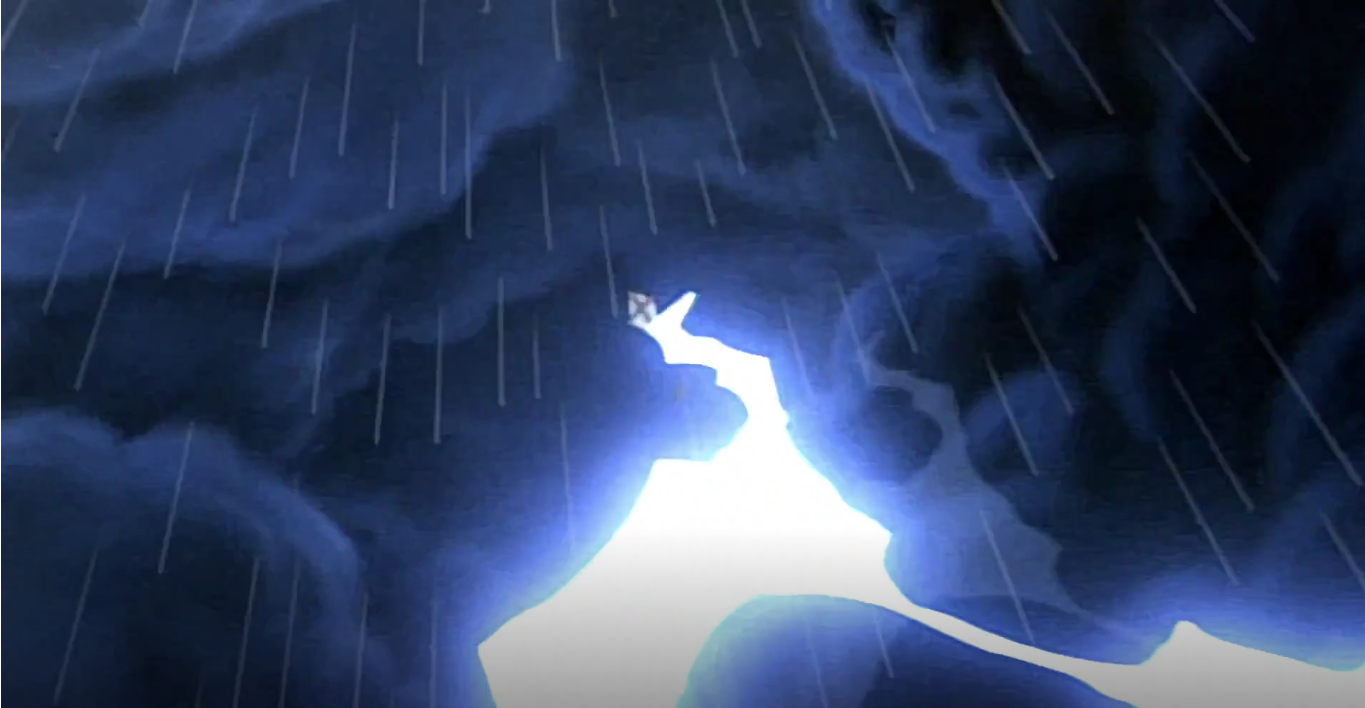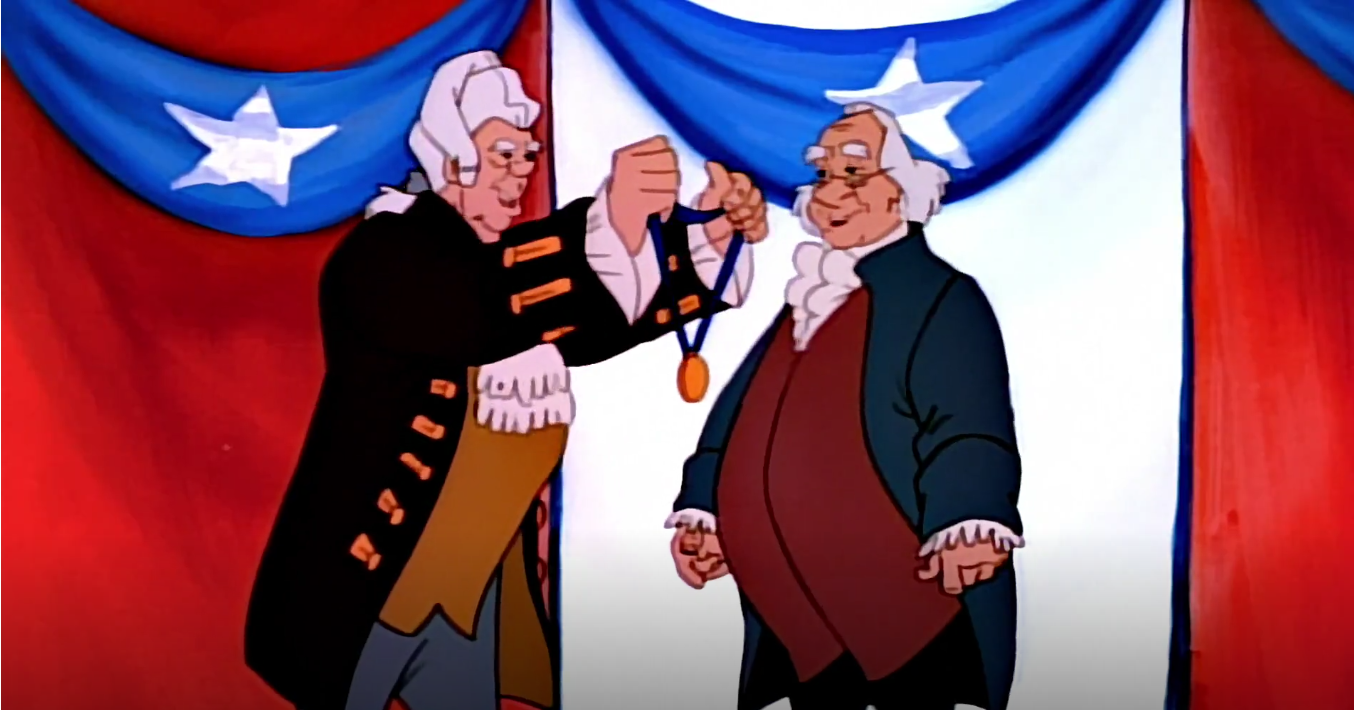This week marks the anniversary of the day a great mind left this world. On April 17th, 1790, Benjamin Franklin passed away, leaving a legacy of patriotism, experience, and a thirst for knowledge and wisdom.
As the 15th child in a poor family, Ben didn’t have the chance to get much formal education. He quit school when he was 10 to help his father in the family’s candle-making business. However, he loved to read and eventually got the chance to work at his older brother’s printing shop. This began a lifetime of study and an effort to spread knowledge to others. Ben even started the first subscription library in 1731 to help the young men in the study group he had started.
A few years later, Ben began trying his luck in entrepreneurship and looking into the sciences. His first invention was a fuel-saving stove, but the list quickly grew to include items like bifocals, rocking chairs, and a musical instrument called the armonica. One idea, however, both interested and evaded Ben: electricity.

By the mid-1700s, people had learned to create electricity but hadn’t done much to harness its power or even learned exactly what it was. Benjamin Franklin eventually decided that lightning had to be a form of electricity. He rejected the popular belief that lightning was a phenomenon sent by God to punish people and instead insisted that lightning could actually be controlled by man.
To prove his theory correct, Ben did what all good scientists do: he conducted an experiment. In this case, it was his famous experiment of flying a kite in a storm and collecting electricity on a key he’d attached to the kite string. This success proved that Ben had been right.

But Ben didn’t stop there. He quickly invented the lightning rod, a metal pole attached to a building. Instead of hitting the roof and starting a fire, a bolt of lightning would be drawn to the rod, and the electricity would travel down the rod and into the ground without harming any person or property.
Ben also compiled and published his experiments and discoveries about electricity into a work called “Experiments and Observations on Electricity.” His studies yielded terms—such as conductor, charge, and battery—that we still use to speak about electricity today. Ben’s award-winning work earned him much respect, but more importantly, it helped him learn to be a thinker. This served him well a decade or two later when he became one of the founding fathers of America.

Sometime this week, pause to think about how Benjamin Franklin’s work and inventions have improved your life. Remember his passionate quest for truth and follow his example. After all, nothing but the truth has the power to improve our lives.
Biographical information found here.
You can get unlimited streaming of the entire Living Scriptures library for a low monthly price! Visit https://stream.livingscriptures.com to sign up today.



